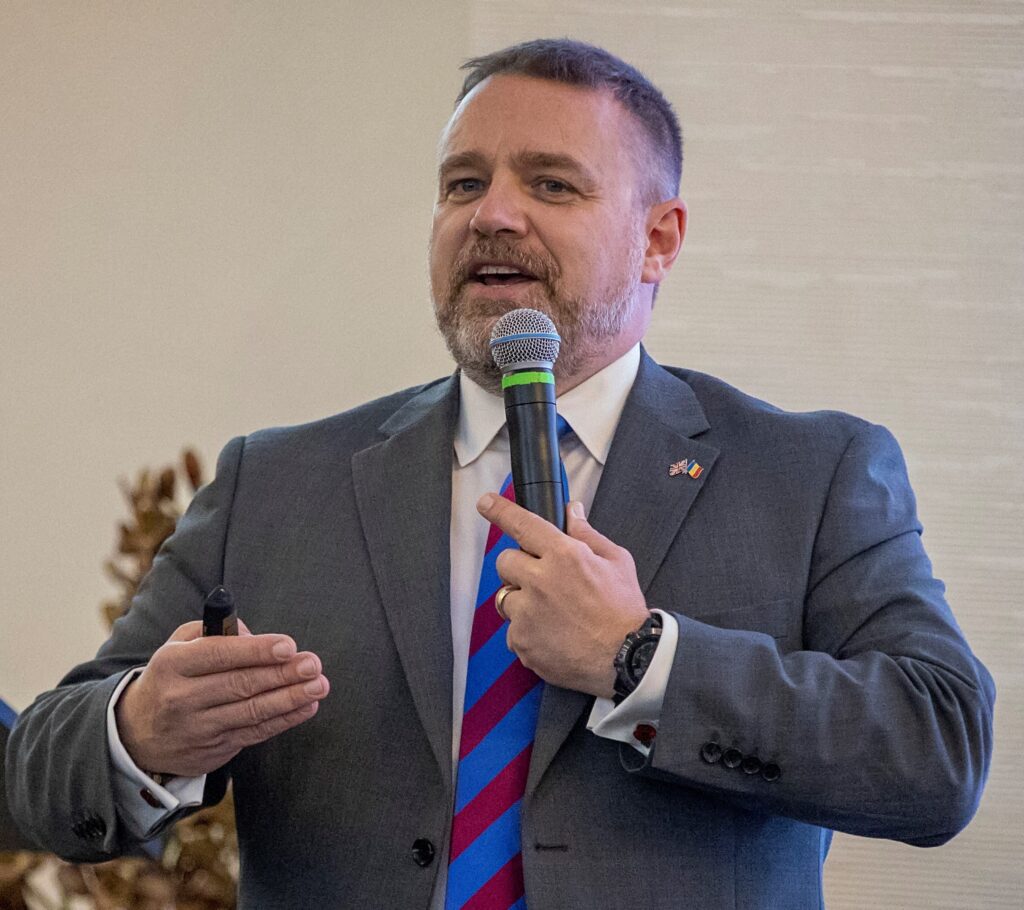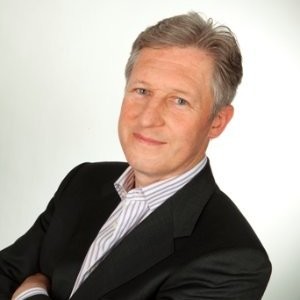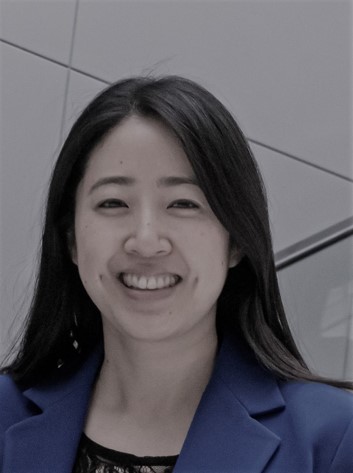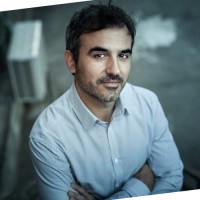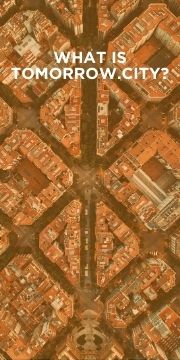
Focus Sessions
A series of specialized events focusing on one or two strategic topics, with multiple industry stakeholders from different backgrounds contributing with their latest innovations or developments.
Broadcasting today: “Focus Sessions #1 - Local actions tackling global challenges”.
FOCUS SESSION TITLE 2




PARTICIPANTS
TBC – SECOND PANEL
Digital skills: Getting ready for the future of work
Sharing insights into the future of work and skills, and how local governments can enable an innovation ecosystem to prepare for our upcoming ever-changing cities.
XX.XX. PANEL 2
The backbone of Tomorrow.City

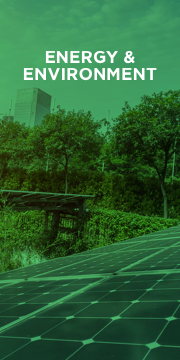
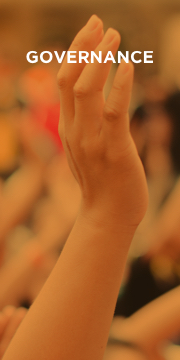
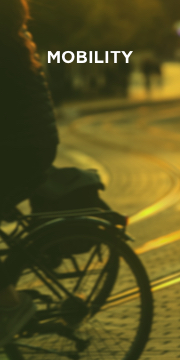
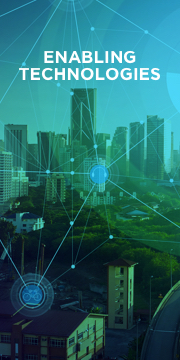
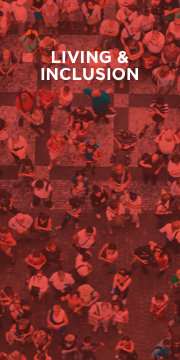
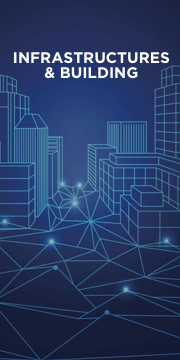

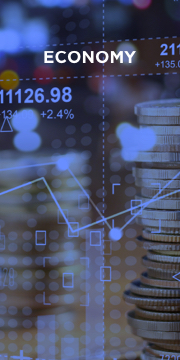
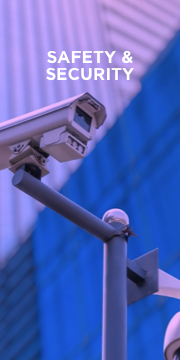
With the participation of

Founded in 1987, Huawei is a leading global provider of ICT (information and communications) infrastructure and smart terminals. Our 207,000 employees work in more than 170 countries and regions, serving more than 3 billion people worldwide. We are committed to bringing the digital world to every person, home, and organization, and building an intelligent world where everything is connected.
Huawei emphasizes research and innovation, adheres to the path of open innovation, and is willing to work with academia and industry to explore the frontiers of science and technology, promote innovation and upgrading, continuously create value for the entire industry and society, and work hand in hand to build a better smart world.
More info

It is Deloitte’s ambition to improve urban living and create better futures for more than one billion people, leveraging our global and local networks as well as working with partners, governments, and NGOs. Deloitte translates a holistic vision of Smart Cities and Urban Transformation into actionable, concrete solutions through the use of advanced technologies, sustainable infrastructure, and smart mobility. Drawing on our cross-sector experience to solve key urban challenges, we aim to progress United Nations Sustainable Development Goal number 11—“Make cities and human settlements inclusive, safe, resilient, and sustainable”—and believe urban transformation has the potential to meet a full 70% of all UNSDGs.
More info
Partners

Founded in 1987, Huawei is a leading global provider of ICT (information and communications) infrastructure and smart terminals. Our 207,000 employees work in more than 170 countries and regions, serving more than 3 billion people worldwide. We are committed to bringing the digital world to every person, home, and organization, and building an intelligent world where everything is connected.
Huawei emphasizes research and innovation, adheres to the path of open innovation, and is willing to work with academia and industry to explore the frontiers of science and technology, promote innovation and upgrading, continuously create value for the entire industry and society, and work hand in hand to build a better smart world.
More info

The European Commission is the EU’s executive body. It represents the interests of the whole European Union. The Commission’s main roles are to propose legislation which is then adopted by the co-legislators, the European Parliament and the Council of Ministers; enforce European law (where necessary with the help of the Court of Justice of the EU); set objectives and priorities for action, outlined yearly in the Commission Work Program, and work towards delivering them, as well as managing and implementing EU policies, the budget, and representing the Union outside Europe.
The European Commission’s has its headquarters in Brussels, Belgium, and some services are also in Luxembourg. The Commission has Representations in all EU Member States and 139 Delegations across the globe.
More info

SmartCAT is the strategy of the Government of the Generalitat de Catalunya which extends the concept of Smart City to a country-wide level to carry out a program that integrates and coordinates local initiatives and supralocal, support companies and deploy Smart initiatives throughout the territory. SmartCAT aims to turn Catalonia into an “Smart Country” of international reference that takes advantage of the use of digital technology and information to innovate in public services, drive economic growth and promote a smarter, more sustainable and integrator.
More info

Diputació de Barcelona (Barcelona Provincial Council) is a local public authority that provides technical, economic and technological support to the 311 municipalities in the province of Barcelona, fostering quality local services throughout the region. Its mission is to ensure progress and well-being for all the citizens in the territory by providing services to people, either directly or, above all, in cooperation with the municipalities themselves. To this end, Diputació de Barcelona is determined to become a Smart Region: a community of Smart Villages and Smart Cities in which technology and citizens are the main drivers of change to achieve social, environmental and economic development for all, in line with the Sustainable Development Goals (SDGs).
More info

The Barcelona Metropolitan Area (AMB) is the public administration of the metropolitan area of Barcelona, which occupies 636 km² and encompasses 36 municipalities with more than 3.2 million inhabitants. The metropolitan area is a territorial, social, demographic, economic and cultural entity formed during the last century as a product of the growth and connection of urban systems around the city of Barcelona. This is the largest metropolitan conurbation in the western Mediterranean, which generates half of the GDP in Catalonia. The new public metropolitan administration replaces the three entities existing until 2011: Union of Municipalities of the Metropolitan Area of Barcelona, Environmental Agency and Transport Metropolitan Agency. This new AMB rationalises and simplifies the metropolitan governance by creating a single administration.
More info
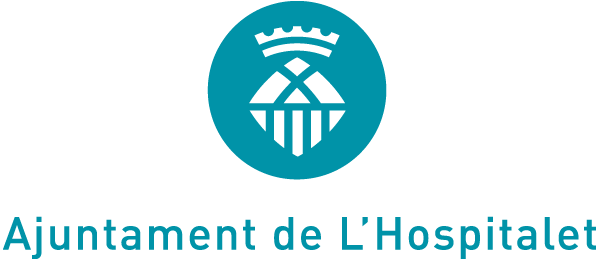
L’Hospitalet de Llobregat City Council.

